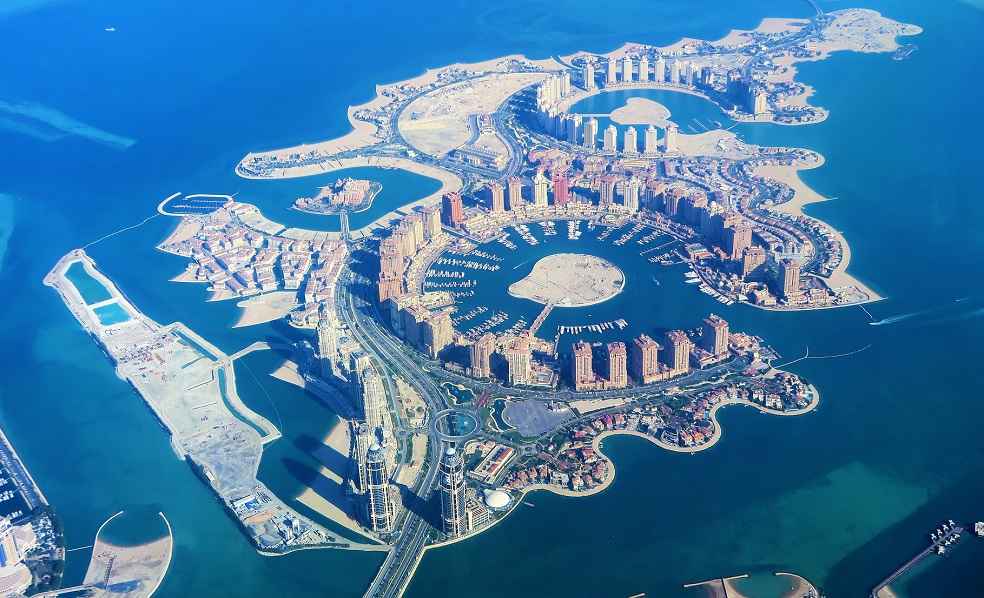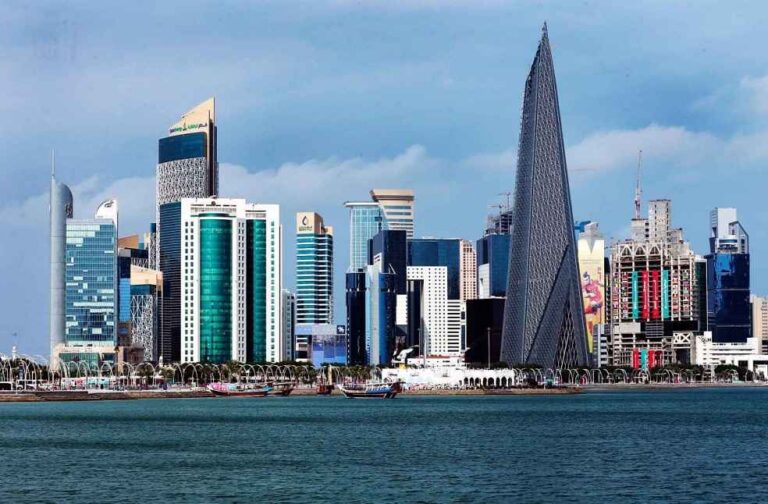The lucrative wave that Qatar Real Estate Market experienced in the run-up to FIFA World Cup 2022 is beginning to ebb, as experts predict a forthcoming correction in housing rentals. Despite the bullish outlook of many landlords, industry insiders suggest these inflated prices will adjust to more stable levels over time.
Adam Stewart, Partner and Head of Qatar at Knight Frank, pointed out the recent sluggishness of the property market. He attributed the 47 percent transaction reduction in the fourth quarter (Q4) of 2022 to the World Cup, while the 40 percent reduction in Q1 2023 is tied to a combination of post-World Cup blues and the impact of rising interest rates on global real estate interests.
Stewart explained that despite landlords reaping the benefits of increased rents during the World Cup, the supply continues to outweigh demand. This, he predicts, will instigate the anticipated rental price correction.

Echoing this sentiment, Kashif Javed Khan, Operations Manager at Al Manzil Residence and Suites of Doha, stated that landlords prefer vacant apartments over lowering rents to attract tenants. Khan believes high rentals will likely persist throughout the year, with potential improvements in the real estate business by next year.
Market analysts support this view, expecting apartment rates to remain stable for a while. This is due to the anticipatory attitude of lessors towards a potential knock-on effect of the global economic crisis on Qatari household incomes.
Yet, Qatar’s economic indicators are robust. The nation remains one of the fastest-growing economies in the Middle East, and its GDP is expected to grow by about 3.3 percent in 2023. Moreover, Qatar’s residential real estate market, currently valued at around $4.28 billion, is projected to grow at a Compound Annual Growth Rate (CAGR) of over 6.24 percent from 2023 to 2028.

Qatar’s robust GDP growth, coupled with increasing population and government legislation, is expected to propel the residential real estate market further. The Qatari population, both local and expatriate, has risen from 2.83 million in March 2022 to 3.01 million in March 2023, indicating a growing demand for housing.
The affluent Qatari populace, driven by job opportunities, significantly influences the construction industry, increasing demand for luxurious and well-planned residential areas. As such, the predicted reset in rental prices may well generate a surge of new opportunities for both landlords and renters, further boosting the nation’s real estate sector.
DON’T MISS IT: Unites WTO and FIFA to Boost Trade and Uplift Women



